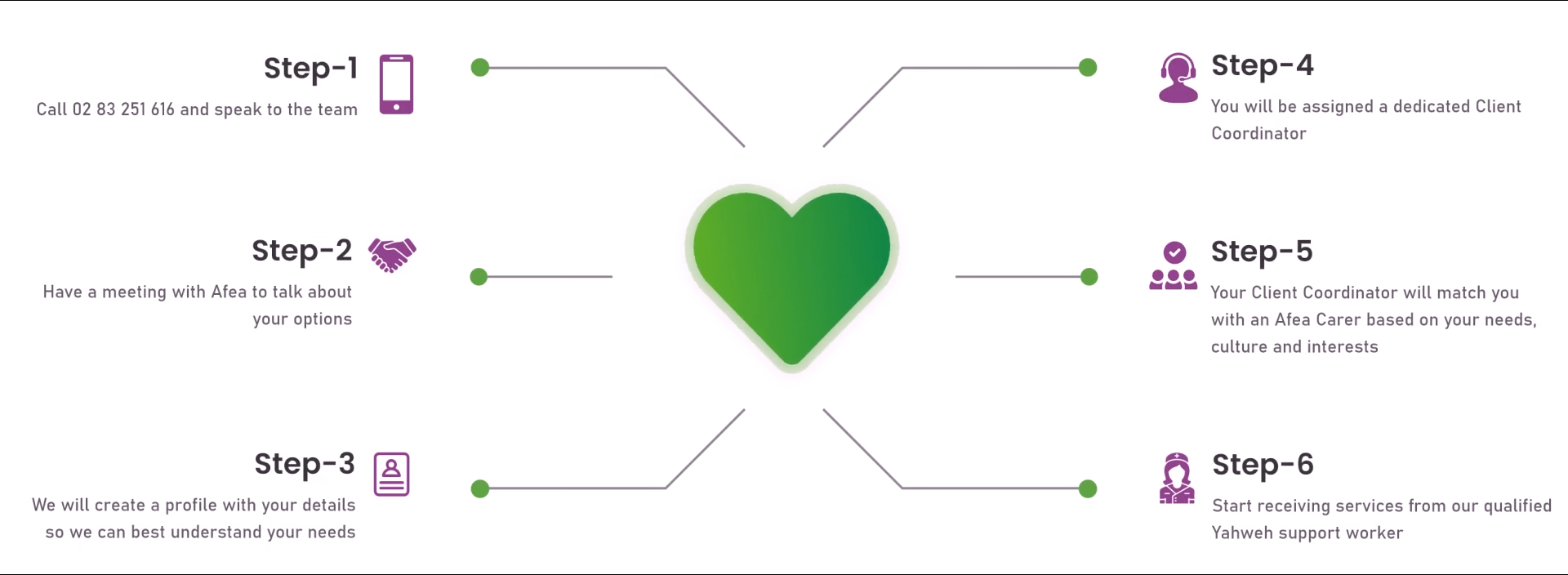High Intensity Support Care Discussion
Hospitals are overcrowded and overstretched, with an ever-rising number of beds lying empty. Planning care outside the hospital is essential. It means that hospitals have the capacity to deal with those who need acute care. Today, this blog will discuss what high-intensity support assistance entails. We will know why it should be an essential part of any palliative care plan.
What is high intensity care?
High-Intensity assistance is a part of palliative care. It offers more support for patients and families compared to a traditional hospice care. This type of care is typically provided in a hospital or other inpatient facility, and may include round-the-clock nursing care, psychological support, and pain management.
The personal care is administered by an intensity support skills descriptors. These professionals have high intensity support skills that focusses on supporting participants with their health conditions.
High-Intensity assistance can help patients and families cope with serious illness, manage symptoms, and make difficult decisions about their treatment. However, some of the conditions that needs special assistance include complex bowel care, complex wound assistance, tracheostomy care, and disability related health issues.
Additionally, disability related health supports may include care managements. These may include diabetes management, enteral feeding and management, and intermittent catheterisation procedures.
During this NDIS support, specialist disability accommodation is also essential. This helps participants to take advantage of home modifications, and intensity daily personal activities.
Regardless of long or short term accommodation, or medium term accommodation provided by supported independent living, people with complex conditions may still enjoy a daily activity. Yes, there might be a risk. But, with the right NDIS providers‘ support, NDIS participants can receive standard levels of assistance, particularly pressure care.

Where does high intensity care come in with regular palliative care?
High-Intensity professional care is a part of palliative care. It focuses on providing relief from the symptoms, pain, and stress of a serious illness. In general, palliative care is provided by a team of professionals. They all work together to meet the needs of the patient and their family.
This team may include doctors, nurses, social workers, chaplains, and others. The goal of palliative care is to improve quality of life for both the patient and their family.
HIC is typically used when patients have complex needs that require more intense management. These needs may include symptom control, pain management, emotional support, or end-of-life care. Patients who receive high-intensity professional assistance often have chronic or terminal illnesses.
High-Intensity professional assistance can be provided in a hospital setting or in the home. In some cases, it may be appropriate to transfer a patient to a hospice facility if their condition deteriorates and they are not responding to treatment. If you are considering palliative care for yourself or a loved one, talk to your doctor about all of your options.
Benefits of High-Intensity Care for Patients near the End of Their Lives
High-Intensity assistance is a part of palliative care that can offer many benefits for patients near the end of their lives. This type of care can help to relieve symptoms and improve quality of life. It can also provide support for families and caregivers.
The benefits include:
Relief from symptoms
HI care can help to relieve pain, fatigue, shortness of breath, constipation, nausea, and other symptoms.
Improved quality of life
This type of care can help patients to maintain their dignity and independence. It can also provide support for families and caregivers.
Access to specialists
Patients who receive the professional care have access to a team of support workers and specialists who can meet their unique needs. These specialists may include doctors, nurses, social workers, chaplains, and others.
Coordinated care
High-Intensity assistance is coordinated by a team. However, providers must undergo training and must have enough health care knowledge. They have to understand how to delegated task, focus on patient’s safety, and deliver the best care.
Conclusion
High intensity daily personal care can make a huge difference in the lives of patients and their families,. It provides them much-needed support during difficult times.
Palliative care is a vital part of the health system, and high-intensity professional assistance given by registered NDIS providers is an important part of that. The appropriately qualified health practitioner or registered nurse must know exactly how to assist and apply NDIS practice standards along with the NDIS commission.
If you or someone you know is dealing with a serious illness, consider seeking out palliative care services to help manage symptoms and improve quality of life. Contact Us.





